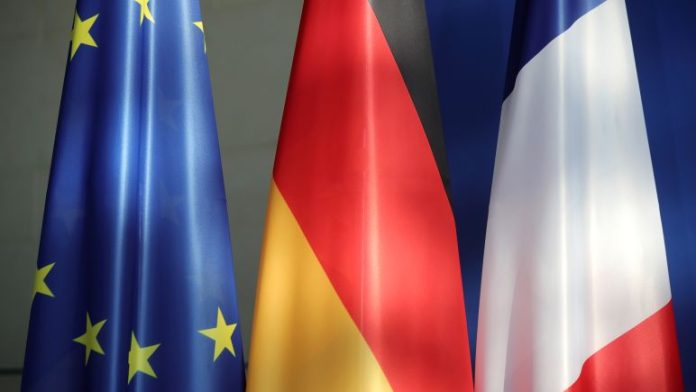While Germany’s economy is contracting, the French economy grew 0.1 per cent in the third quarter of 2023 after rising 0.6 per cent in April-June, according to Deutsche Welle.
Experts including Philippe Crevel, economist and head of Paris-based think tank Cercle de l’Epargne, praise France for the quick action taken over the past few years.
“French companies have made several billion euros selling cruise ships and planes this year, which is reflected in our growth figures… France has a large service sector, which has achieved good results recently, especially in the area of tourism”
Crevel also noted that the Spanish economy is now growing for the same reason. At the same time, the German economy, in his view, has traditionally relied on a strong industrial sector and exports and is therefore now experiencing “the impact of the stagnating international commerce and a trade row between China, the US and the EU, in which all sides set up trade barriers”.
Another burden is high energy prices, which have increased production and transport costs for German industry. Berlin used to rely heavily on Russian natural gas, but now, due to the war in Ukraine, has been forced to stop importing this energy source.
At the same time, France has access to cheap nuclear energy, which accounts for about 70 per cent of the country’s electricity production.
Climate policy and its impact on the German automotive industry also play a huge role on the country’s economy.
That sector hasn’t adapted to the transition towards electric cars yet — most of their batteries, which are the lion part of electric cars’ added value, are produced in China.
Christopher Dembik, an investment advisor at the Paris-based subsidiary of Swiss-based Pictet Asset Management, stated that France has handled the crisis caused by the events in Ukraine and the Covid-19 pandemic relatively well.
“France also reacted incredibly fast to the energy crisis and shielded the whole economy through government support. It had a one-year head start compared to Germany. That made a real difference, even though Berlin spent more money in terms of its GDP.”
However, experts such as Catherine Mathieu, an economist at Paris-based Sciences Po University’s economic observatory OFCE, believe that the French economy is not that “exemplary.” On the contrary, it is Germany that has been “performing particularly badly” over the past three years.
On average, the euro zone’s GDP has grown by 3.1% since the end of 2019. France is mid-table with 1.7%, but Germany is at the very bottom with only 0.2% growth.
However, France’s success story has its downsides. The country’s public debt has ballooned to more than 3 trillion euros ($3.16 trillion), which is 112.5% of GDP compared to less than 100% in 2019. The annual budget deficit is around 5 per cent, well above the 3 per cent deficit ceiling set by Brussels.
According to economists, this won’t bankrupt France anytime soon, but will ultimately affect the country’s well-being.
“If a country uses a lot of its money to service its debt, it can’t put that money into more important purposes. At one point, austerity measures will be needed, which can lead to political instability. And there will no longer be any money left for generous public subsidies.”
